Winter pond fishing is one of the favorite activities for a lot of anglers. Ponds transform into enchanted locations during the winter months when you may watch the peaceful creation of ice patterns and watch for the first fish bites during an exhibition. But for winter fishing, you need to understand not just the fundamentals but also the role that each kind of fish plays in the ponds. The primary fish species found beneath the ice will be discussed in this article along with their purposes. We’ll pick baits that work for each species of fish by learning to recognize them. Greetings from the intriguing and practical world of winter pond fishing.
Table of Contents
- 1) Fish Species Best to Catch in Winter on Ponds
- 2) Basic Recommendations for Winter Fishing on Ponds
- 3) How to Choose the Right Gear for Winter Fishing on Ponds
1) Fish Species Best to Catch in Winter on Ponds
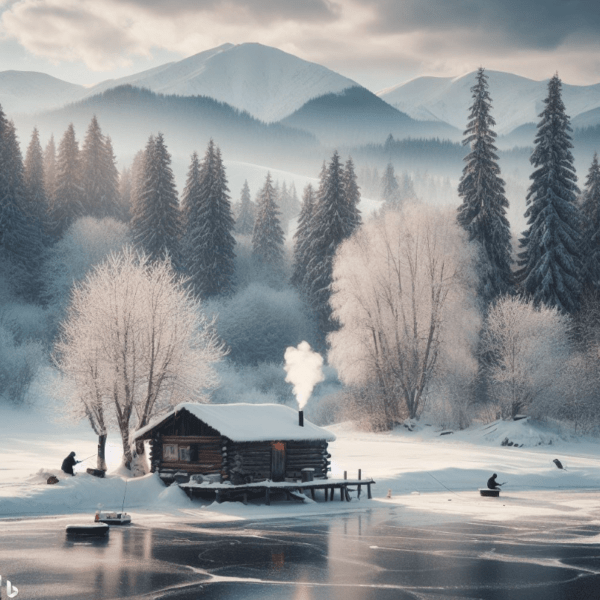
Cyprinus carpio, or carp
Carp is a highly sought-after fish species for winter pond fishing. During the winter, carp become more active and look for food beneath the ice. It can move in cold weather, which makes it great for fishing. It’s crucial to keep in mind that carp have certain environmental needs, so before you go fishing, make sure you understand all the guidelines for maintaining your pond and what’s required for carp to breed.
Pike, or Esox lucius
Since pike hunt throughout the winter, they can be considered real predators. This fish is well-liked for winter pond fishing because to its quickness and good motor skills under the ice. Pike uses its enormous oral equipment to pursue fish of different sizes.
Perch (Perca fluviatilis)
Perch is another fish species that does well in colder waters during the winter. With its keen eyesight, it hunts in the morning and evening and actively searches for cover during the day in burrows or algae. Fish can be caught by the sharp teeth of perch even beneath the ice. This fish can be caught in multiples sometimes, and some of the larger specimens can be served for supper.
2) Basic Recommendations for Winter Fishing on Ponds
 Winter fishing on ponds is a popular activity among fishing enthusiasts. However, unlike summer fishing, winter fishing has its peculiarities. In this section, we will discuss the basic recommendations for winter fishing on ponds so that you can achieve success in your fishing trips during the winter.
Winter fishing on ponds is a popular activity among fishing enthusiasts. However, unlike summer fishing, winter fishing has its peculiarities. In this section, we will discuss the basic recommendations for winter fishing on ponds so that you can achieve success in your fishing trips during the winter.
- Choosing the right type of bait for winter fishing is an important element. Different fish species, such as perch, pike, tench, carp, and others, inhabit the pond. Each fish likes and is attracted to bait in its own way. You need to study the characteristics of each type of bait before choosing the one that attracts fish in your pond.
- In winter, when the water in the pond finally cools down, fish become less active and move more slowly. It is recommended to use a light bait setup that will not sink too quickly and will be easily noticed by the fish. Also, consider using special weights or floats that will help keep the bait at the desired depth.
- Each pond has its peculiarities, and fishing methods differ. You should learn about a specific pond before fishing if you haven’t been there yet. Check the water depth, bottom coverage, the presence of vegetation, or other factors that may affect the bait’s performance or effectiveness. This information will help you choose the right fishing methods and equipment.
3) How to Choose the Right Gear for Winter Fishing on Ponds
In winter, fish have their own characteristics and are in a specific frozen state. Therefore, for successful winter fishing on ponds, it is necessary to choose suitable fishing gear. Below are some tips on how to choose the right gear for winter fishing.
Check the thickness of the ice before fishing. Choose appropriate fishing gear based on the ice thickness. When the ice is thick up to 20 cm, you can use real fishing structures such as shanties, floats, telemeters, and ice augers. Shanties and floats should be made of lightweight and super-elastic materials.
Suitability for freezing water: choose gear that works well in cold water. For example, the method of rowing against the current for fishing can significantly influence the choice of gear for pond fishing. For winter fishing, special groundbaits are also an excellent choice because they allow you to quickly and easily cast the bait near the shore.
Typical fishing characteristics include things like fish size, bait size, location, feeding methods, and others. Choose gear that will have the maximum impact on the fish and make fishing on frozen ponds easier. For example, ice fishing for pike requires the use of large wobblers or minnows, while ice fishing with a jigging rod requires the use of small colored jigs with ears.
Methods and Strategies for Winter Fishing
Low temperatures, ice-covered ponds, and the lack of activity in most fish species make winter fishing a challenging task. However, even in these unfavorable conditions, you can catch fish using some methods. Below are several effective methods for successful winter fishing.
- Use of special winter tackle: in winter, fish become more passive and less aggressive. Therefore, you will need special winter tackle for hunting them. The weight of the tackle, hook size, and bait should be adapted to the characteristics of the target fish.
- Fishing with a line: this method is very popular among winter fishing enthusiasts. The line allows you to actively attract fish to the bait by moving the tackle up and down. The roller on the line makes both the fish and their prey attractive.
- Use of lures with crystals: you can attract fish using lures with built-in LEDs or crystals. This technique allows you to create bright flashes that catch the attention of passive fish. Options for such lures can be very diverse, from shimmering butterflies to imitation cockroaches with crystals.
The benefits of winter pond fishing include everything from site selection to fish care. Pond fishing during the winter months is a favorite pastime of many anglers. But there are a few tricks and techniques that need to be known for successful winter fishing. In order to assist you get the best results possible, we will go over a number of important topics in this part on winter pond fishing.
The first step to effective winter fishing is selecting a location. A pond’s shallow depth and lack of boulders or algae make it the perfect spot for winter fishing. Fish go toward these spots because they are where the warmth that breaks through the cold coating on the water’s surface concentrates. In addition, the direction of the wind and other factors influencing fish behavior and water movement must be taken into account.
Choosing the Right Equipment and Baits for Winter Fishing
The strength and dependability of rods, floats, and reels should be taken into account while purchasing equipment for winter fishing. Select lures that will draw fish in cold weather. These can be lures without bait, fake jigs, or live bait.
One of the key elements to effective winter pond fishing is handling fish properly. Fish should be cleaned and frozen right away after it is caught since its flavor and other important characteristics are retained in this state. When handling fish, use specific techniques and follow hygiene guidelines to ensure maximum cleanliness and product quality.
Pond fishing in the winter is a well-liked and thrilling outdoor activity. Numerous fish species that can be caught in cold weather have been covered in this page. Every fish has unique traits and purposes. While certain species of carp, including tench, crucian carp, and bream, are frequently utilized in commercial production as significant food resources, other species, such carp, pike, and perch, are frequently used for sport fishing. It’s critical to keep in mind that fishing involves more than just catching fish; it also involves adhering to regulations and honoring the environment. Therefore, it’s critical to always protect the ecosystem and take all reasonable steps to sustain the diversity of the fish world, regardless of the species you choose to fish for during the winter.
Have fun on the ice and preserve trophies for future generations!
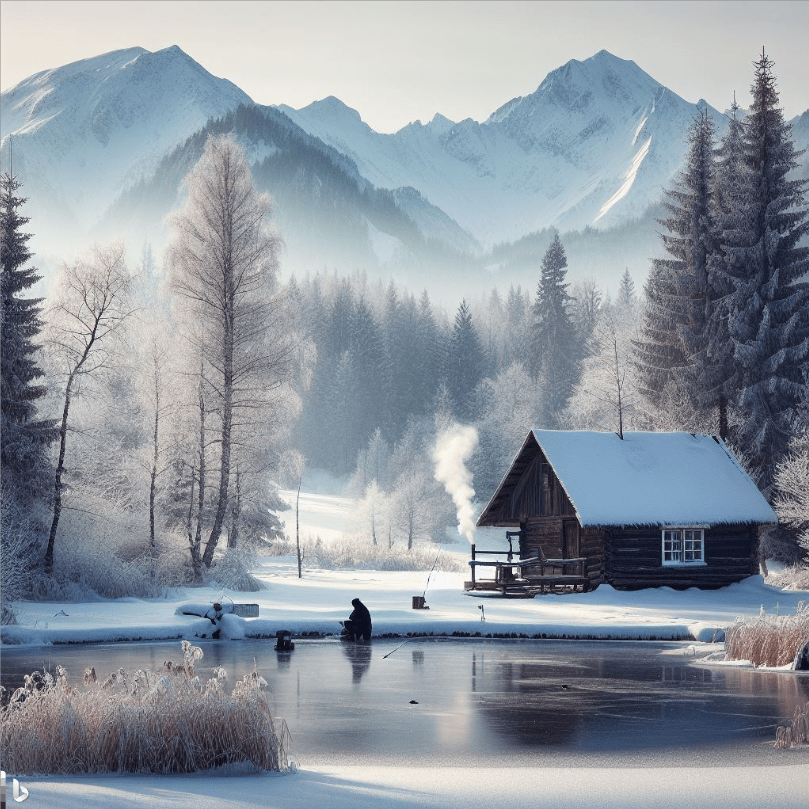
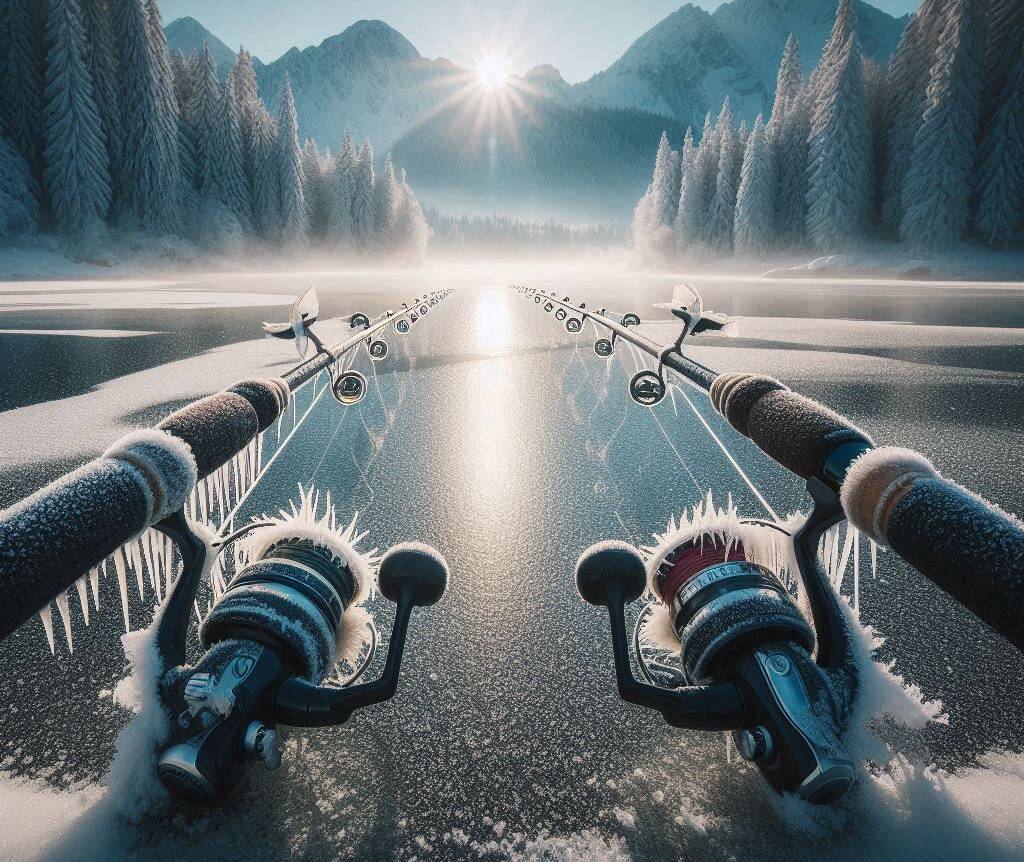
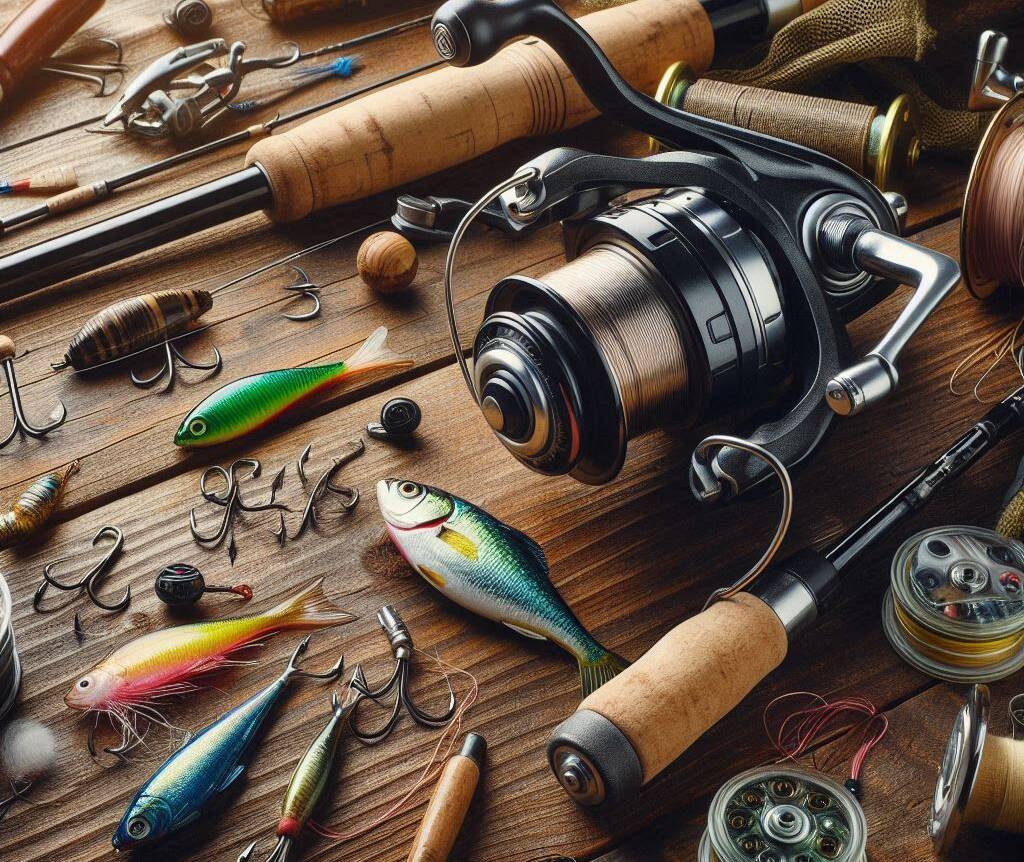
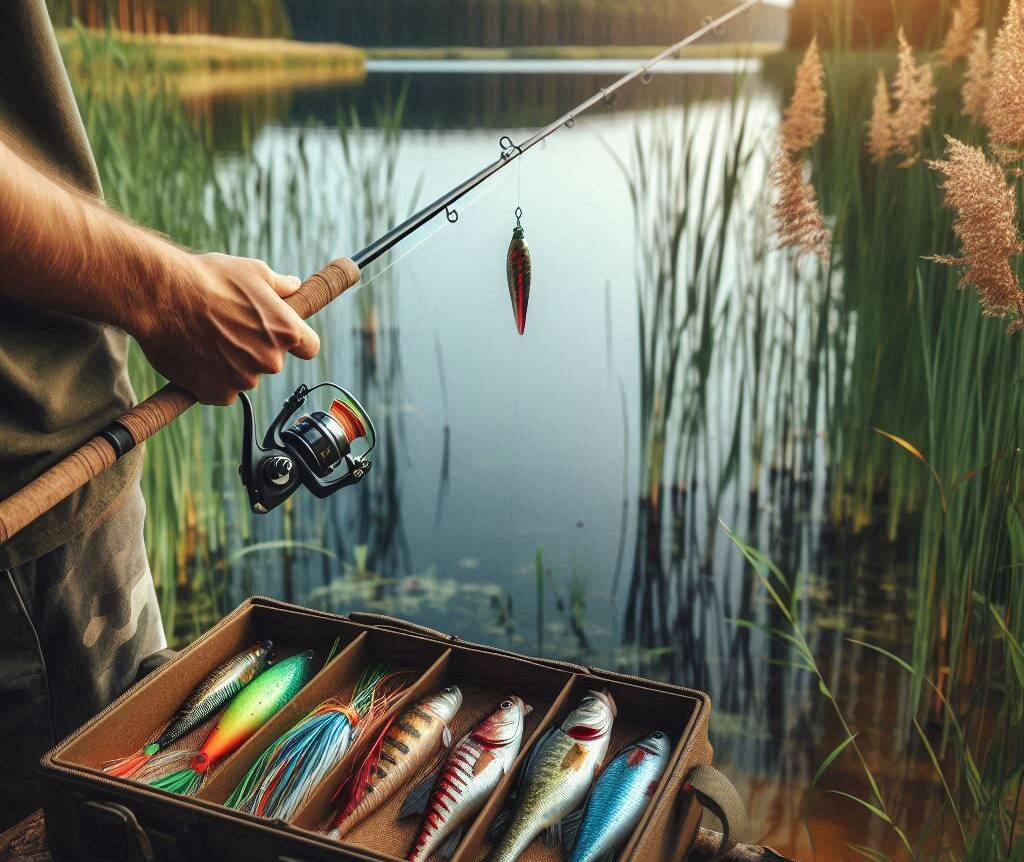

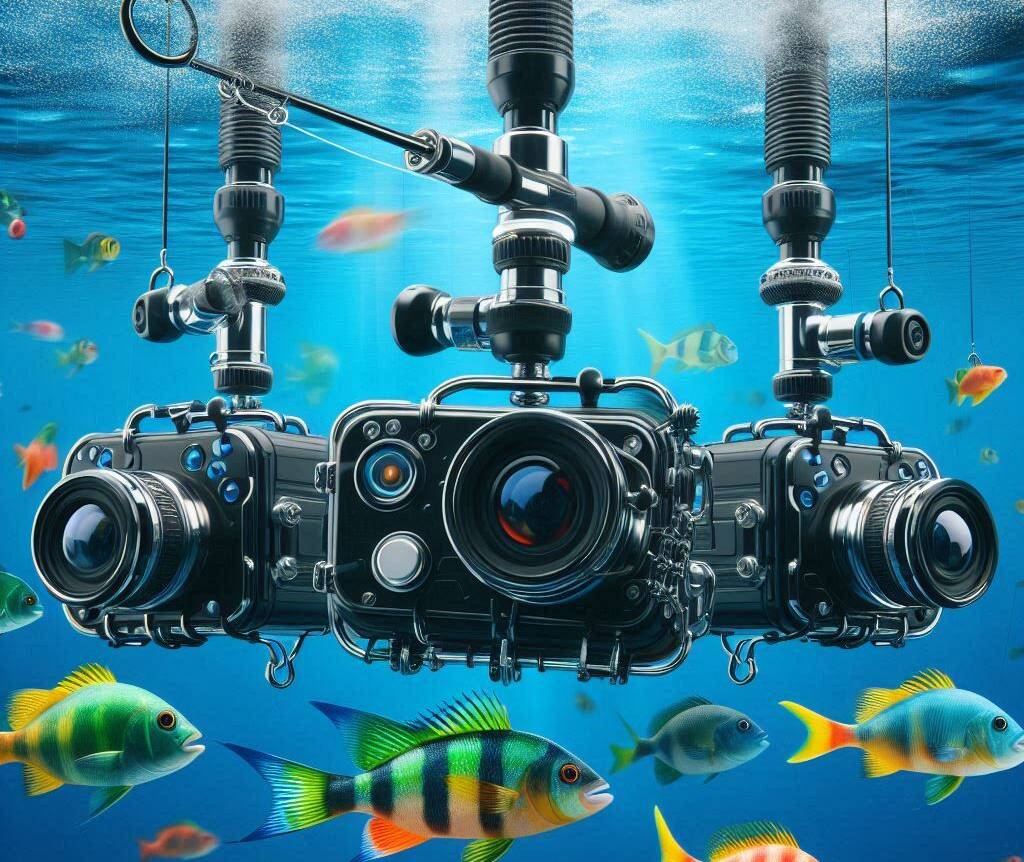
Leave a Comment
Your email address will not be published. Required fields are marked *